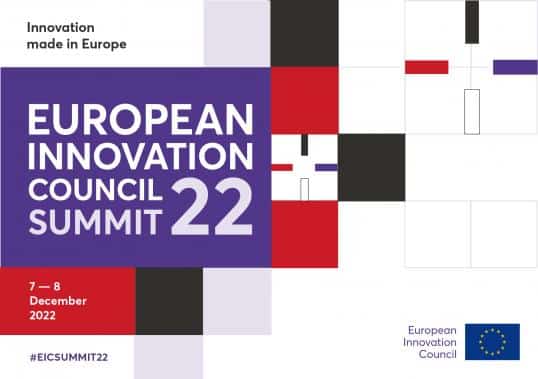Artificial intelligence (AI) has spread into almost all digital spaces, playing an instrumental role in real-time problem-solving across multiple industries. Robotic Legs, a case study from the EU project VeriDream introduces AI features into video games. The results of the research will be presented at the European Innovation Council (EIC) summit this December.
The undertaking is a collaboration between consortium members, GoodAI, ISIR (Sorbonne University), DLR (German Aerospace Center), and ENSTA Paris, as part of a broader aim to utilize AI-aided strategies for robotics innovation. Tested on Space Engineers, a sandbox game bound by real-world physics, the use case applies intelligent automation tools to augment the creation and operation of walking robots.
While constructing a multi-legged robot is something that seasoned players of Space Engineers can achieve relatively quickly in the game, making it walk and navigate terrain with obstacles is a different story. Mechanics involve leg movements synchronization, the planning of leg trajectories for different types and speeds of gait, and in more advanced scenarios, adaptation to the terrain or reacting in real time to external control.
Robotic Legs relies on a quality diversity algorithm (QD) derived from evolutionary computation. The algorithm optimizes inverse kinematics (IK), which is a mathematical process necessary for animating articulated subjects. With QD optimization, the calculation is automated, prompting an array of high-performing solutions in a single run.
The project is a part of GoodAI’s endeavor to apply research findings towards game development. Experimentation is ongoing with potential for future improvement. A talk on the learnings from Robotic Legs was presented at the 2022 Game Developers Sessions in Prague. The slides that accompanied the presentation can be found here.
VeriDream is an EU-funded international consortium of six organizations across Europe. Coordinated by the German Aerospace Center (DLR) (Germany), the consortium consists of the following partners: Magazino GmbH (Germany), GoodAI (Czech Republic), Sorbonne University (France), and ARMINES (France).
To date, most of what we consider general AI research is done in academia and inside big corporations. GoodAI strives to combine the best of both cultures, academic rigor and fast-paced innovation, to create the right conditions for collaboration across boundaries. Our goal is to accelerate the progress towards general AI in a safe manner by putting emphasis on community-driven research.
If you are interested in Badger Architecture and the work GoodAI does and would like to collaborate, check out our GoodAI Grants opportunities or our Jobs page for open positions!
For the latest from our blog sign up for our newsletter.







Leave a comment